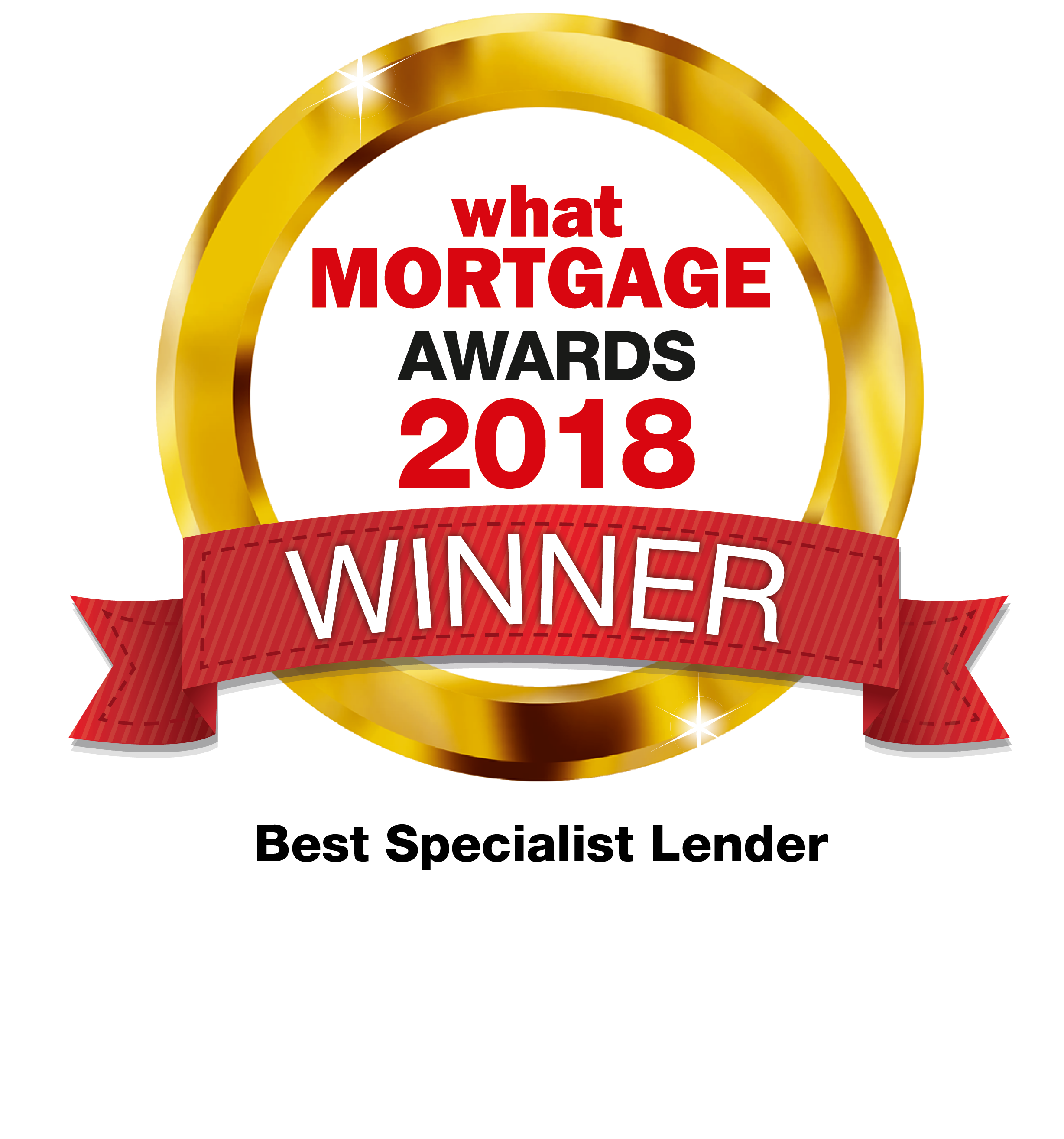[col type=”one-third”]
Our property investment expert is Jeni Browne, Sales Director at
Mortgages for Business
www.mortgagesforbusiness.co.uk
Tel: 0345 345 6788


[/col]
[col type=”two-third last”]
Question
Three-month renovation period
I would like to purchase a buy-to-let which requires some work. It’s nothing drastic – mainly cosmetic such as repainting rooms, new flooring and updating the kitchen and bathroom. My builder (who is my brother) said it would take three months to complete and I am keeping costs low by calling in favours and cheaper suppliers. I want to ensure I get really good tenants and am hoping this investment in the house will pay off. I would like some advice, please, as to whether a BTL mortgage would take into account the three months preparation? If not, is there another way around this?
Answer
You can only get a buy-to-let mortgage on a property that is ready to let, i.e. habitable. If the property you’re looking to buy could be let in its current condition but it’s just you that wants to improve it, then you would have to ensure that you had sufficient funds to cover the mortgage until you’re ready to let it.
If the property is not ready to let, you might consider buying it with the help of short-term finance, for example a bridging or refurbishment loan. This will give you time to make the necessary improvements and then when the property is ready to let, you could refinance it onto a buy-to-let mortgage. Do note, short-term finance is costly, so you would have to do your sums carefully to ensure that the figures stacked up. Do get in touch if you would like us to help you work out the most cost-effective option.
[hr style=”single”]
Question
How does interest-only work?
I am looking into the possibility of investing some savings into buy-to-let. I have around £85,000 and I am in my mid-40s. The thing is I don’t know anything about buy-to-let and as I have started dipping my toe into the waters I have started feeling a bit overwhelmed – it seems there is so much to consider. One aspect I want to understand better is the interest-only element of the repayments. How does this work? I understand I only pay back the interest but isn’t this risky if the property market were to fall? (PS: my other option is to invest in the stock market and I have as many questions about this too!). Thank you.
Answer
As the name suggests, with an interest-only mortgage you pay only the interest on the loan on a monthly basis. You do not pay back the capital amount borrowed until you sell or remortgage or you come to the end of the mortgage term. Practically speaking, your mortgage payments will be a lot less than if you were repaying the capital too. Generally speaking, this is a long-term arrangement with the idea being that by the time you come to sell (or refinance) the property, it will have increased sufficiently in value to repay the loan and make you some money too. However, all investments carry risk, and yes, if the property market were to crash you could find yourself with negative equity. This is not good if you need to sell or refinance but if the property is still being rented out and covers the mortgage payments, the day to day situation wouldn’t change. If you just sat tight, you’d probably find that over time, the property market would recover, and your property would, once again, rise in value.
[hr style=”single”]
Question
Getting a buy-to-let on our own home
We have decided to move home and rent a house in a nearby area so we can get our son into our first choice school. We currently have a fixed-rate mortgage on our house and it’s about half way through a five-year deal. We plan to rent it out for a period of two years while we rent elsewhere. Can we convert our residential mortgage to a buy-to-let during this time and, if so, how easy will it be and what would we need to do?
Answer
Assuming your home is easily rentable, in the first instance you might want to consider getting “Consent to Let” from your current lender. This would be the quickest and most cost-effective option although many lenders will only consent for a year or so. After that you would have to remortgage onto a buy-to-let. Do get in touch if you would like us to look at these options for you.
[hr style=”single”]
Question
Rent rises and remortgaging
I am due to remortgage on my buy-to-let property in March next year. Would this also be a good time to increase the rent on the property? I have owned it for nearly seven years and have not increased it so far but with all the financial pressures such as maintenance costs mounting up I am starting to think it is time for a slight increase.
Answer
Deciding what rent to charge is up to you – as long as the rental contract you currently have with your tenant allows for an increase. If you are unsure, do some research to find out what landlords are charging on comparable properties in the same area. It’s worth bearing in mind that the rental income will help to determine how much you can borrow when remortgaging. If you would like me to help you find a good deal, do get in touch.
[hr style=”single”]
[/col]










 Buy-to-let
Buy-to-let










